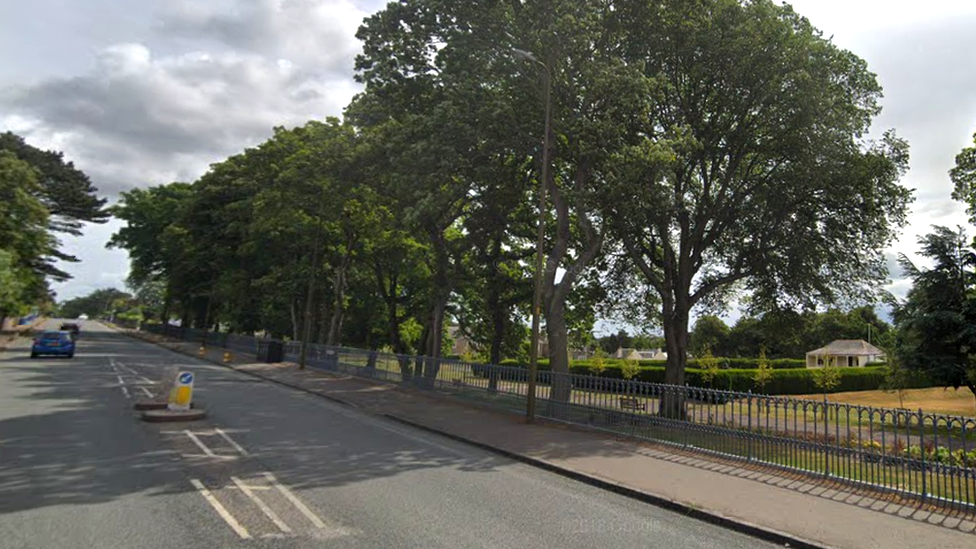Safety fears for women on public transport - study
- Published
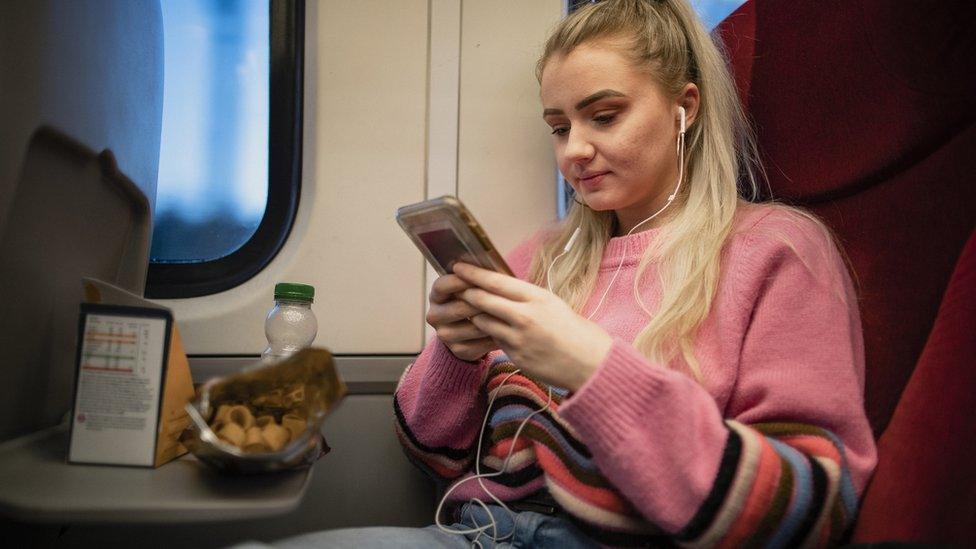
Women travelling on public transport in Scotland are often in a "constant state of vigilance" and "always looking over their shoulder", research has found.
The initial findings of a Transport Scotland study, external found a third of women were concerned about their safety.
Many felt they had to adapt their own behaviour to guard against threats.
Recent figures from the British Transport Police showed there were 63 reports of sexual assaults on ScotRail trains between 2017 and 2021.
Transport minister Jenny Gilruth, who commissioned the study, said it demonstrated "just how exhausting it is to be a woman in Scotland in 2023 just wanting to travel home safely".
"Women shouldn't have to tolerate this," she said. "They should be able to travel on public transport in safety and men should learn how to behave themselves."
The report highlighted some of the methods women used to try to keep themselves safe at night. These included:
sitting downstairs on buses, or close to the driver, or close to another woman or a family
choosing to sit in busy train carriages rather than quiet or empty ones
avoiding getting off at unlit or poorly lit bus stops or stations
making calls to friends or family so someone could independently track their journey
keeping keys in their hands approaching home - either to open a door quickly, or use as a weapon if needed
wearing flat shoes or trainers to be able to run away if necessary
Ms Gilruth said it highlighted how women and girls "shoulder significant responsibility" for adapting their own behaviour to try to feel safe.
"They are often in a constant state of vigilance, particularly at night time, and as a result end up changing their plans - only travelling at certain points of the day or not using public transport altogether," she added.
"This is simply not acceptable in 21st century Scotland."

'Alarm bells in my head were going off'
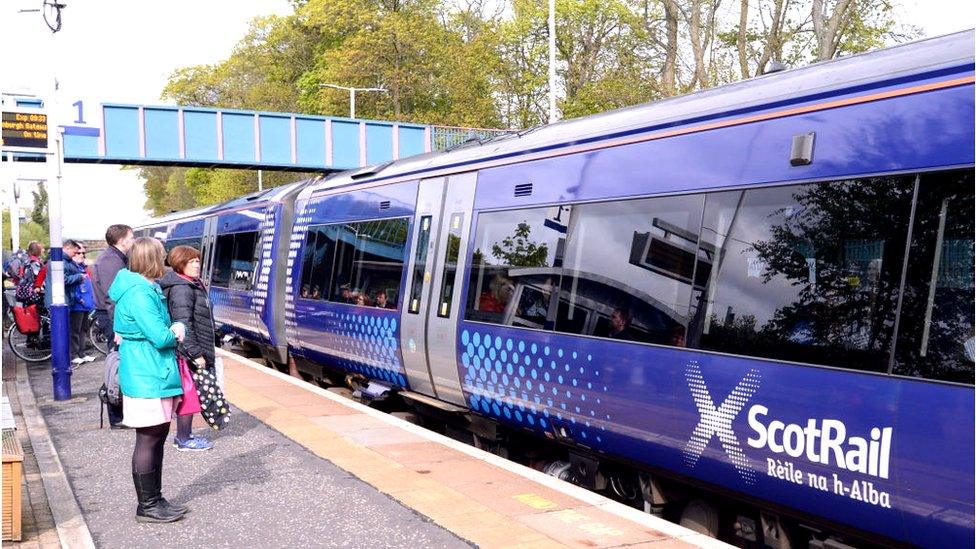
Emma, a student in Stirling, says she "doesn't feel safe at all" on public transport.
Speaking on BBC Radio Scotland's Mornings programme, she described a recent frightening journey back to the city on a train at around 10pm.
"The train was pretty empty and this man decided to come and sit directly next to me at a four-person table. I felt so unsafe.
"I was minding my own business, I had my earphones in, I was texting a friend. He was shuffling closer to me. I was pretty much up against the window.
"I know when something is unsafe or wrong but I didn't feel confident enough to say 'can I get out?' or 'can you move, or back off?'
"With him moving closer, the alarm bells in my head were going off. Another couple were sat on the other side of the train who saw I was uncomfortable, but didn't say anything.
"I ended up texting the British Transport Police because I didn't feel safe whatsoever."
Amanda had a similarly "scary" experience after catching the last train home from Glasgow to Kirknewton after a night out with work colleagues.
"It was busy when I got on but the train emptied out and eventually it was myself and a group of young lads," she said.
"Two men then got on the train. One sat next to me, the other sat opposite me. In retrospect I should have just got up and moved. I felt intimidated but I just sat there, looking at my phone.
"When I got to my stop, they were touching me, telling me I wasn't getting off the train, barring my way. I had to push past them, then they followed me to the doors.
"I was so concerned. If it wasn't for this group of lads who had heard me telling them to let me get off…I am just so grateful they came and rescued me.
"If they had got off with me at my stop, I don't know what would have happened.
"I felt really vulnerable, and it's not as if I'm a young woman, I'm in my late 50s.
"I felt really scared, thinking 'how am I going to get out of this one?' They were so aggressive. I felt as though I had been preyed on."

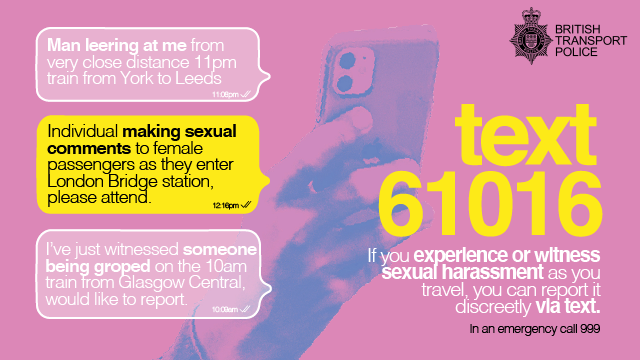
The BTP encourages people to use a text service to report harassment or assaults
British Transport Police has a text number - 61016 - for people to report incidents, which has been used by half a million people in the past 10 years.
In July 2022, it launched a campaign - Speak UP, Interrupt - to encourage bystanders to report inappropriate incidents and intervene when they feel it is safe to do so.
What should bystanders do?
Graham Goulden, a police officer for 30 years who now specialises in tackling men's violence by delivering bystander training, said it was that important third parties do not "excuse these behaviours".
"There are little subtle things people can do to help the victim in the moment and to send messages to the perpetrator that this is unacceptable," he told the BBC's Good Morning Scotland programme.
"You can go up to the person experiencing harassment, take them aside, make sure they're OK, tell them, 'this isn't your fault, this is wrong what's happening to you'. It is such a powerful thing to say.
"You can also ask some innocent questions of the harm-doer: 'What time is it? What's the next stop? Where are you going? Is this the right train to Edinburgh?' You don't have to be directly confrontational with the person.
"Even standing between the victim and the harm-doer can send a really powerful message and diffuse the situation."
The Transport Scotland report made 10 recommendations to help women feel safer, including improved lighting, better staff training and exploring the possibility of increasing the presence or visibility of staff on the transport network.
Related topics
- Published15 February 2022
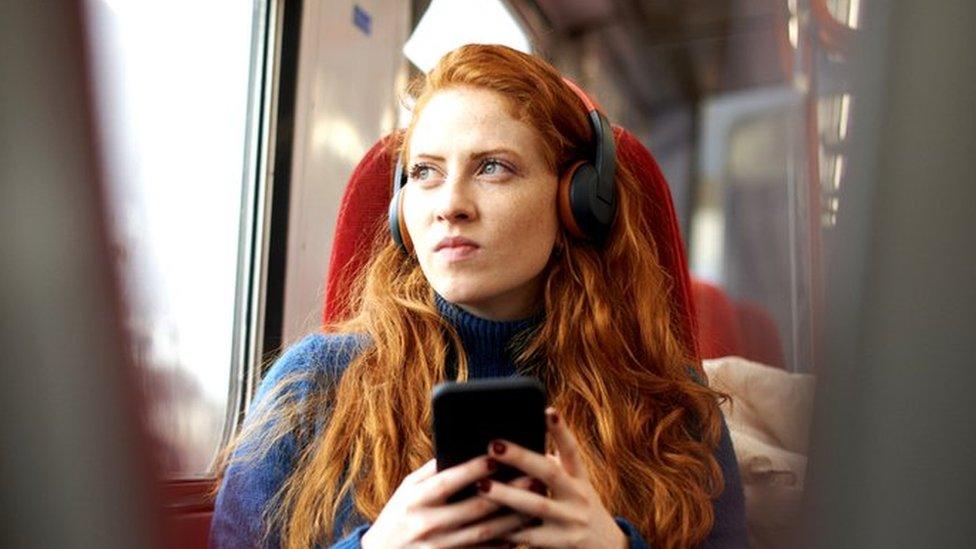
- Published9 February 2022
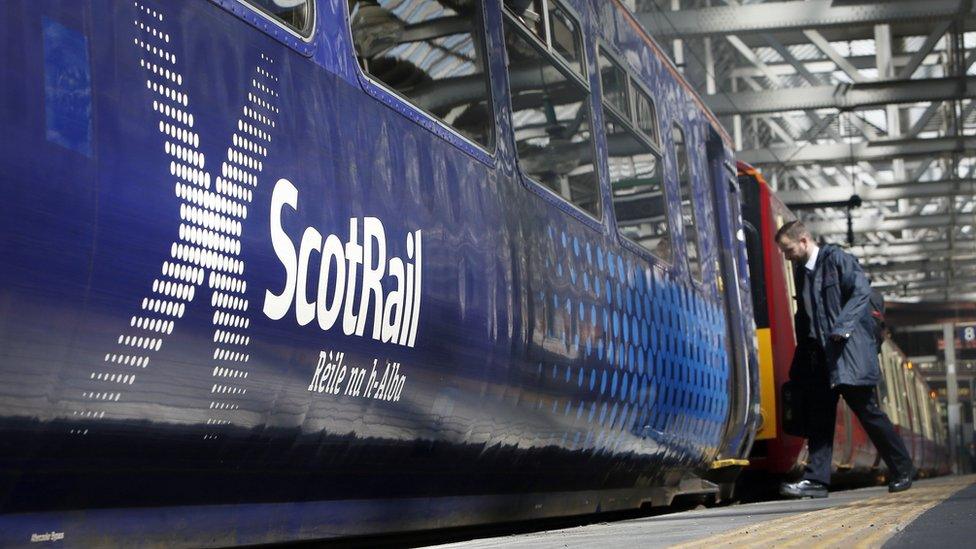
- Published31 January 2022
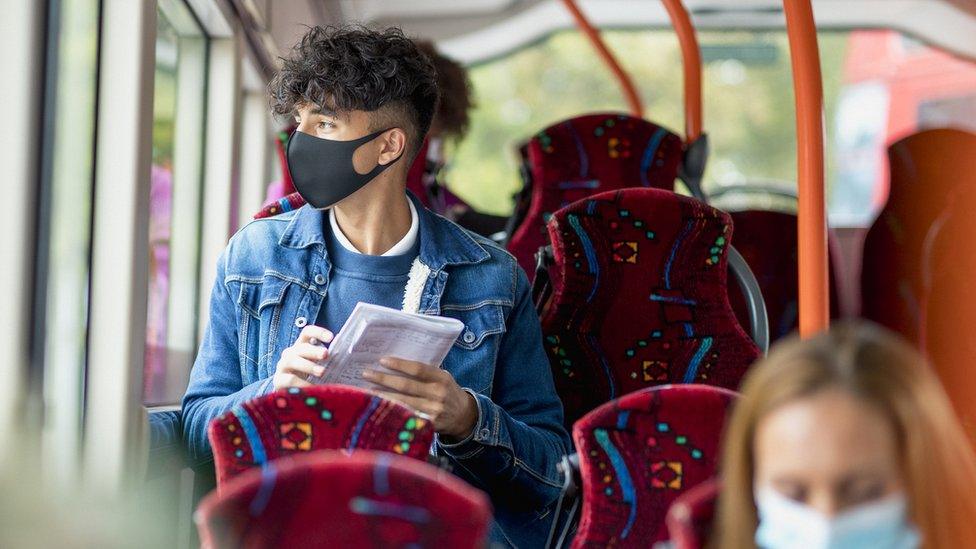
- Published11 January 2022
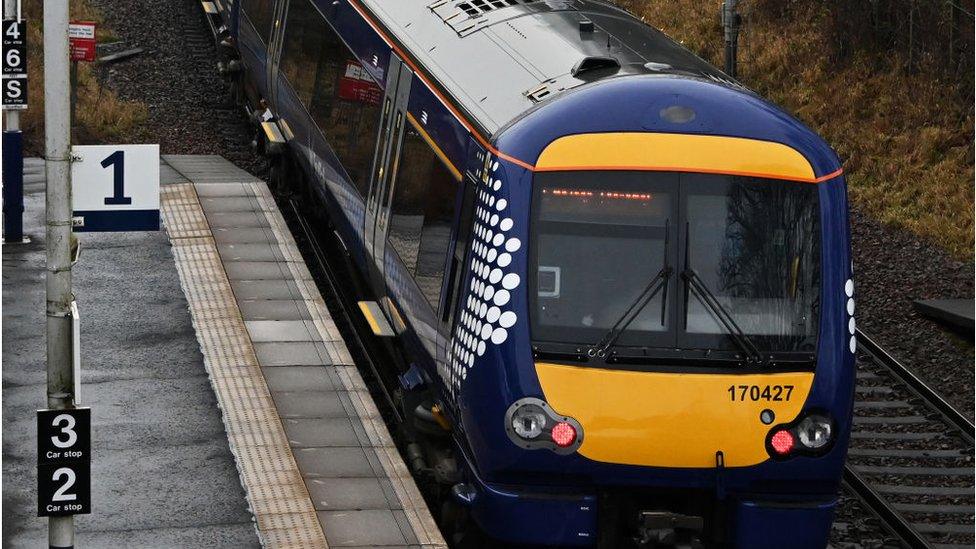
- Published18 February 2020
